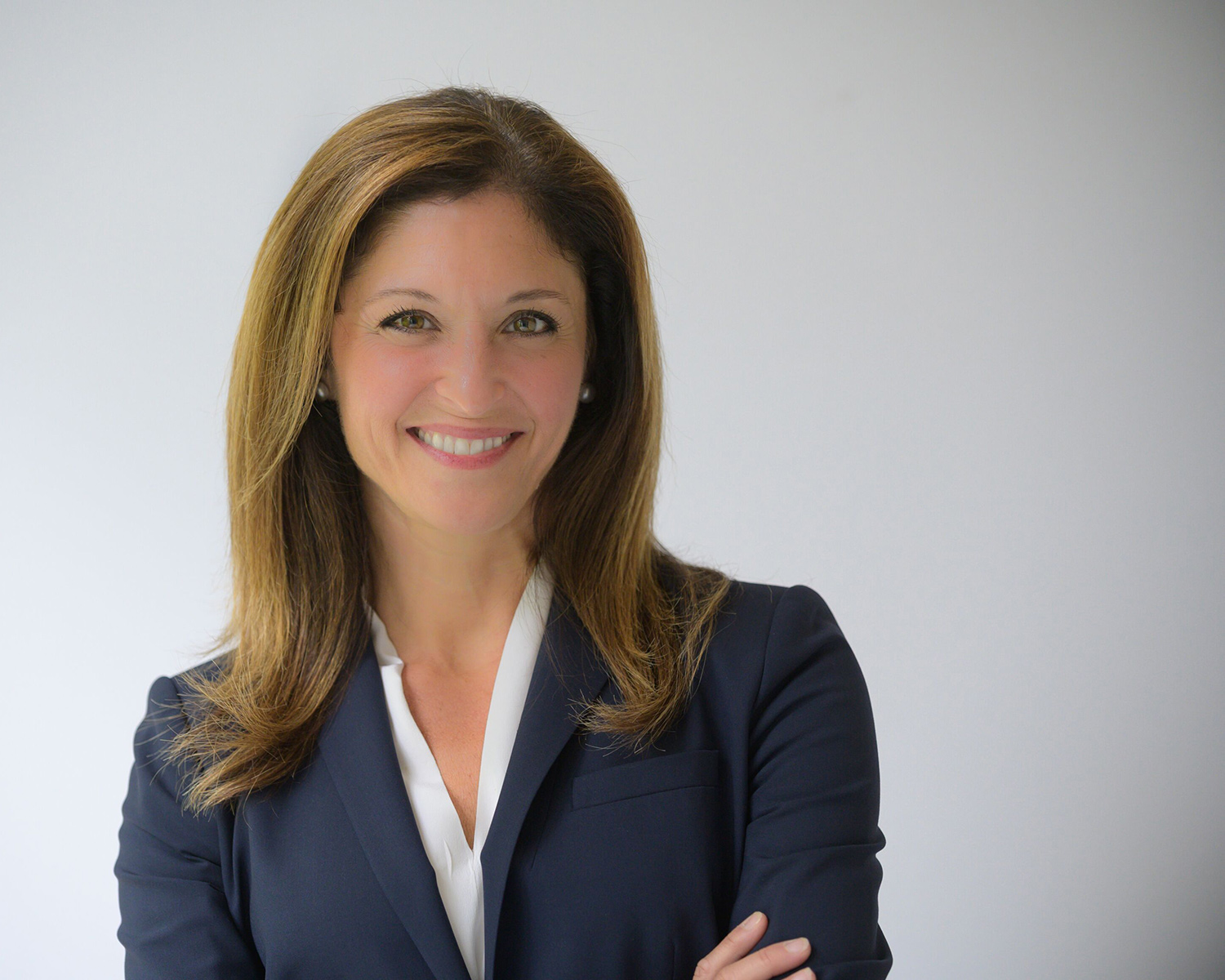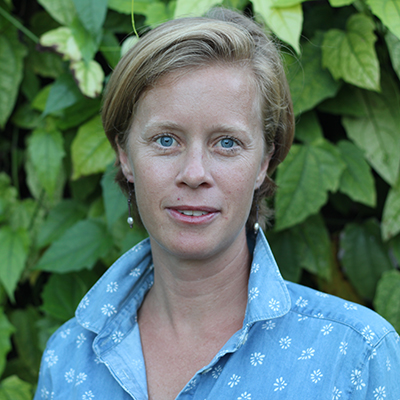Delivering on Organ Donation
Alexandra Glazier (LAW/SPH’96) heads up New England Donor Services, working with more than 200 hospitals in six states to coordinate life-saving organ and tissue donation.

Delivering on Organ Donation
Alexandra Glazier (LAW/SPH’96) heads up New England Donor Services, working with more than 200 hospitals in six states to coordinate life-saving organ and tissue donation.
As a young associate at Ropes & Gray, Alexandra Glazier (LAW/SPH’96) regularly received calls in the middle of the night from one of her clients—the New England Organ Bank (NEOB)—requesting assistance in navigating the complex legal requirements for organ donation that need to be addressed and resolved in critically short timeframes.
Sometimes the challenge was that one parent wanted to donate a dying or deceased child’s organ and another parent did not (both parents’ approval is required in such cases); or maybe the potential donor was a homicide victim and the next of kin—whose permission was needed to go forward—was the alleged perpetrator of the crime.
“The questions they called me with almost never had a clear answer,” Glazier recalls. “But I loved getting these calls because it was so interesting, and I understood that the work was going to impact lives —not someday, but that night.”
That’s why, when Glazier decided to leave the law firm in 2003, her next move was clear: She called the then-chief executive officer of NEOB and offered her services as general counsel, a position the organization didn’t yet have.
“I said, ‘I’ve seen your legal bills; I think you’d do well to hire a GC,’” she recalls, laughing.
Two weeks later, she was offered the role she had pitched. Now, nearly two decades after she joined the organization, Glazier is the president and chief executive officer of NEOB and of New England Donor Services, a parent entity she formed in 2017 when she combined NEOB with LifeChoice Donor Services, another organ procurement organization. When Glazier became CEO she hired BU Law alum Lisa Paolillo (’94) as the GC. “Lisa was one of my best hires – she’s an incredible legal powerhouse which was key for me to move out of the GC role and step into an executive role.”
It really is a privilege to work in a field where we’re seeing the absolute best in people at the one of worst moments of their life in many cases—people who want to help others they don’t even know, but know are in need
Since Glazier formed New England Donor Services, the number of organs transplanted from donors in the LifeChoice service area—parts of Connecticut and west central Massachusetts—has grown by 108 percent (from 115 transplants in 2016 to 239 transplants in 2019). But the fact that there is a shortage of organs means there is always room for improvement. The US ranks among the best in the world in organ procurement, but, according to the US Department of Health and Human Services’ Division of Transplantation, there are still more than 100,000 people in need of a transplant and 17 people die every day waiting for an organ that never comes.
“As good as we are, as long as there are patients in need, we are committed to keep doing better,” Glazier says.
Glazier, who grew up in the Boston area, knew she wanted to work in the public health and policy realm even in high school, when she was fascinated by issues raised by the Human Genome Project and debates over assisted suicide. She studied biomedical ethics at Brown University and then enrolled at Boston University School of Law specifically because of the dual JD/MPH in Law and Public Health program. At the time, Glazier didn’t intend to work as a practicing attorney—an undergraduate advisor had recommended she pursue law as a professional supplement to public health policy work—but she fell in love with her coursework at BU Law.
“The way to think about problem solving through the law fit very naturally with the way I approached things,” she says. “I learned how to develop critical thinking into a principled framework that allowed you to facilitate difficult problem solving.”
Glazier says she enjoyed many of her courses and professors but points to Professors Tracey Maclin and Wendy Mariner as especially important mentors.
For several years before she took the helm at NEOB and NEDS, Glazier also taught a seminar on legal issues in medical research as an adjunct professor at BU Law.
“I missed the law tower, I have to admit,” she laughs, adding that her “students were amazing. It was very engaging.”
In addition to her position at NEDS, Glazier serves in a number of advisory roles, including as chair of the Policy Oversight Committee of the Department of Health and Human Services’ Organ Procurement and Transplantation Network; and on the board of the United Network for Organ Sharing, which develops policies for the network. She has helped spearhead changes to organ allocation policies that minimize the impact of a patient’s location in an effort to maximize the number of lives saved. She also serves on the board of Donate Life America (DLA) – the nonprofit that runs the national donor registry – having helped facilitate a joint venture between DLA and Apple to allow for registrations through the iPhone health app. The chance to influence high-level policy and national practices was one reason she left Ropes & Gray, even though she loved her clients at the firm.
“I knew early on that health policy was a passion for me, and that trying to make large-scale change was where I wanted to spend my career,” she says. “To see large changes through, it is more effective to be working within an organization or the government rather than outside of it.”
Despite her interest in policy, the day-to-day impact of her work is never far from her mind.
“It really is a privilege to work in a field where we’re seeing the absolute best in people at the one of worst moments of their life in many cases—people who want to help others they don’t even know, but know are in need,” she says. “It’s very inspiring.”
